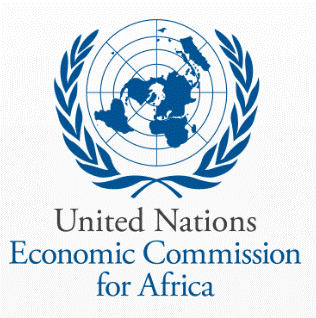The United Nations Economic Commission for Africa (UNECA) says African countries are implementing frameworks for policy formulation, decision making and innovation to promote economic development.
The commission said this in a statement made available to our correspondent on Friday in Abuja.
The statement quoted Oliver Chinganya, Director of the African Centre for Statistics in the commission, as saying at a forum that member states were implementing the frameworks developed by the United Nations Global Geospatial Information Management for Africa.
The forum was the Eighth Session of the United Nations Global Geospatial Information Management for Africa held on Wednesday in Addis Ababa, Ethiopia.
Chinganya said the frameworks were to facilitate the coordination and development as well as strengthening of the use and exchange of geospatial information.
He further said the facilitation was for policy formulation, decision-making and innovation.
“Collecting, analysing and storing as well as using timely and trustworthy data, especially for geospatial and other disaggregated location-based data continue to pose the biggest obstacles for African countries,”
Chinganya said.
WITHIN NIGERIA reports that Geospatial Information Management encompasses the management, leadership, structures and practices required for the successful operation of geographic information systems.
The Regional Committee of United Nations Global Geospatial Information Management for Africa was established to coordinate African geospatial development and to contribute to the broader global initiative.
In opening the session, Oumar Ka, Executive Board Chair, United Nations Initiative on Global Geospatial Information Management in Africa (UN-GGIM: Africa), had said the meeting was an opportunity for the regional committee to showcase new policies and trends.
Ka said the meeting would discuss technical issues and other spatial topics.
“We convene this meeting each year because we care hugely about geospatial information management in Africa and the positive transformation of change that we know it can bring us if harnessed correctly,” Ka said.
He described Global Geospatial Information Management as a tool that provides member states the methodologies, standards and framework to guide decision-making.
Ka said the key to successful geospatial information management was understanding each national context, formulating the right policies, defining the right objectives and implementing the right actions.
The regional committee, according to the statement, had over the past decade adopted realistic approaches to ensure that systematic and comprehensive frameworks were put in place.
It said this, along with related policies, resources and systems, was to make geospatial information technology easily accessible to decision-makers and the community in a coordinated way.

















Discussion about this post